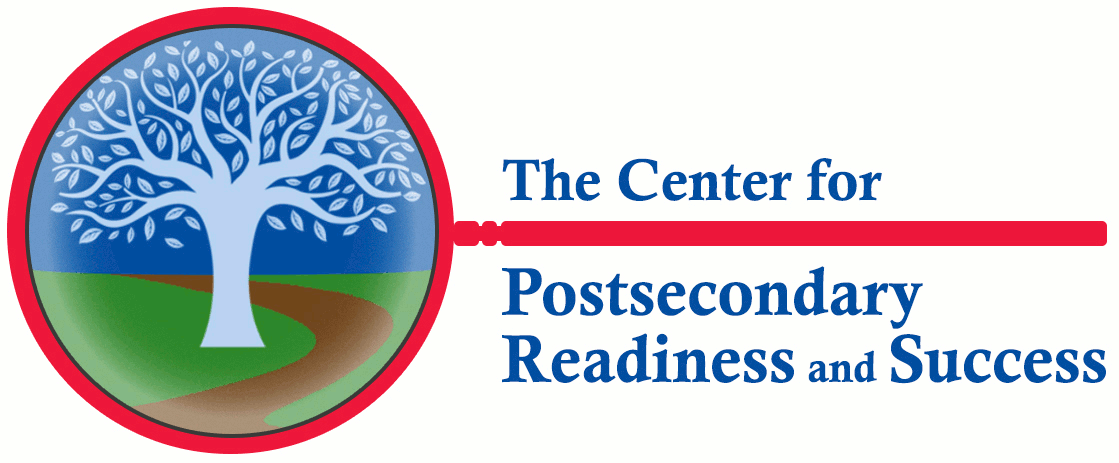ScholarWorks > WMU > JCA > Vol. 9 (2024) > Iss. 1
Abstract
Prospective graduate students’ noncognitive attributes are commonly evaluated as a part of a holistic review of their admission applications. Yet it is difficult to determine which noncognitive attributes are considered by those who evaluate graduate admissions applications and what approaches they take to measure applicants’ noncognitive attributes. It is even less clear to what degree prospective graduate students understand how they are evaluated for graduate admissions and how the evaluation of their noncognitive attributes factor into admissions decisions. Drawing on surveys of graduate enrollment management (GEM) professionals and prospective graduate students in the United States, our study investigates the noncognitive attributes prospective graduate students and GEM professionals deem important to success in graduate school and the application components each group believes demonstrate those attributes. Results suggest that some alignment exists between the perspectives of prospective graduate students and GEM professionals on the noncognitive attributes most important for completing a graduate program of study. We share recommendations for improving the agreement between prospective graduate students and GEM professionals including the need for more explicit and transparent communication about how graduate admissions applications are evaluated, which is of particular importance as admissions processes forgo the consideration of applicants’ race.
Recommended Citation
Gooch, Reginald M.; Paris, Joseph H.; Haviland, Sara B.; and Sotelo, Jose
(2024)
"(Non)cognitive Dissonance? A Stakeholder-based Exploration of the Consideration of Graduate Admissions Applicants' Personal Skills and Qualities,"
Journal of College Access: Vol. 9:
Iss.
1, Article 4.
Available at:
https://scholarworks.wmich.edu/jca/vol9/iss1/4
Included in
Educational Assessment, Evaluation, and Research Commons, Educational Psychology Commons, Higher Education Commons, Industrial and Organizational Psychology Commons, Personality and Social Contexts Commons


